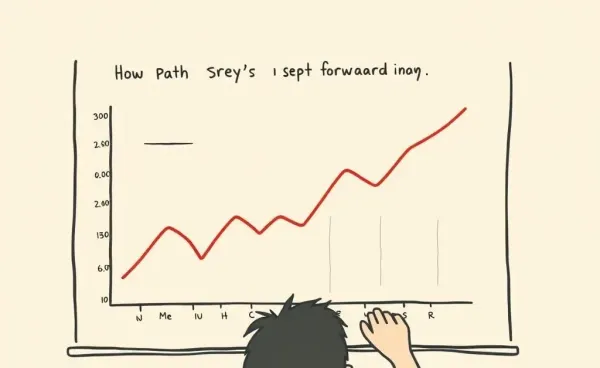Getting Your Financial Ducks in a Row: Practical Tips for First-Timers
Explore practical financial planning tips for beginners to start managing money wisely.

Hey there! If you’re like most people just getting started with personal finance, you might feel a bit overwhelmed. Whether you’re fresh out of college or simply looking to get a handle on your money, understanding the basics of financial planning can set you on the right path. Let’s dive into some practical steps to help you get your financial ducks in a row!
Understanding Where You Stand
Before you can make a plan, you need to know where you stand financially. This means taking stock of your income, expenses, debts, and any savings you have. It might be a bit scary to pull back the curtain, but trust me, once you have a clear view, you can start making informed decisions.

Create a Budget You Can Stick To
Budgeting doesn’t have to be a dirty word. It’s really about knowing how much money is coming in and going out each month. Use a simple app or a spreadsheet to track your expenses and set up a realistic budget. The key here is to make something that you’ll actually follow. Allow yourself some wiggle room for those unplanned expenses because, let’s face it, life is full of surprises.
Prioritize Paying Off Debt
If you’ve got high-interest debt, like credit card balances, it’s smart to prioritize paying these down. Focus on the smallest balances first (the snowball method) or tackle the ones with the highest interest rates (the avalanche method). Either way, being consistent is crucial.
Start Saving for Emergencies
An emergency fund is essential. Start small if you need to, but aim to save enough to cover at least three to six months’ worth of living expenses. This safety net will give you peace of mind, especially when life throws you a curveball.

Exploring Investments
Once you have a handle on your budget and debt, you might start wondering about investments. While this can sound intimidating, you don’t need to be a stock market wizard to get started. Consider low-risk options like index funds or ETFs. These can offer long-term growth without the stress of constant market monitoring.
Retirement Planning 101
It’s never too early to start thinking about retirement. If your employer offers a 401(k) match, try to contribute enough to get the full match—that’s essentially free money! If not, look into opening a Roth IRA to start building your retirement savings.

Reflect and Adjust
Financial planning is not a one-and-done deal. Regularly check in on your goals and adjust your plan as needed. Life changes, and so can your financial strategy. Remember, even small steps can lead to big results in the long run.
Wrapping things up, effective financial planning is about awareness, consistency, and learning as you go. Have you recently tried anything new with your finances that worked well? I’d love to hear about it!




